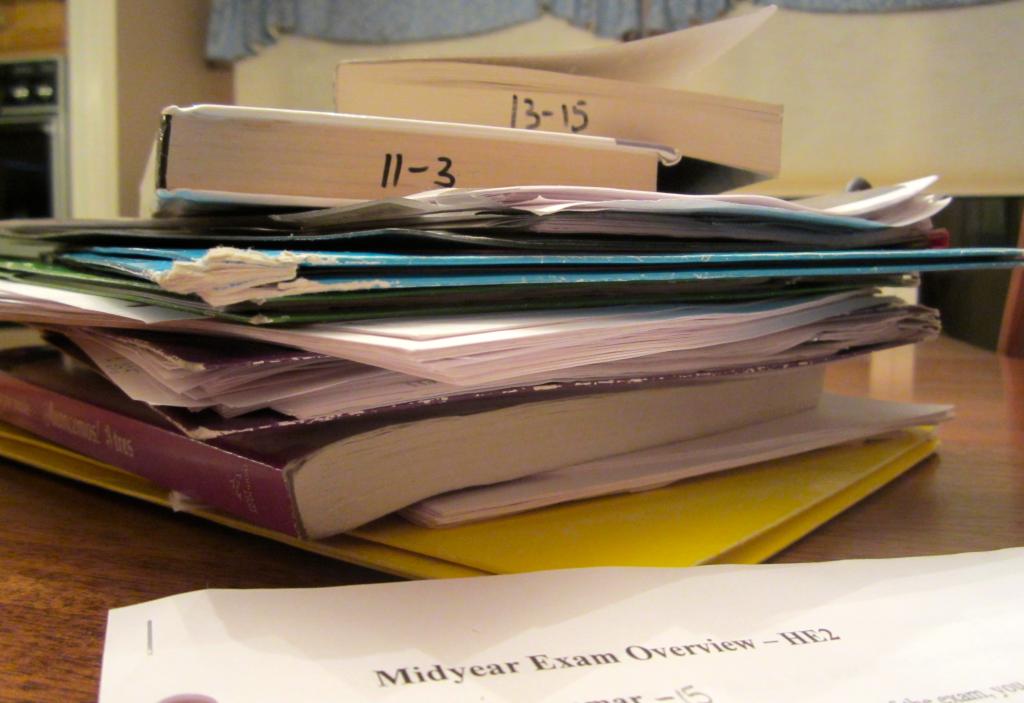
If you asked a WHS student how they’re feeling around this time of year, chances are that they will say one of three things:
1. “I haven’t even started studying! I’m so stressed!”
2. “All I do is study! I’m so exhausted!”
3. “Midterms? What are those?”
Thankfully, not too many students fall into the last category. But it’s hard to think about studying for midterms when there are end-of-quarter tests, projects and papers due in just about every class.
The two weeks leading up to midterms are designated testing days for each subject. Most classes will have at least one major assignment due during that time, which makes it difficult for students to start thinking about studying for midterms in advance, despite their teachers’ suggestions.
So, what’s the best way to assess students’ progress over the course of a semester without overloading them with work?
We don’t doubt that midterms help both teachers and students to see how productive their semester has been, but maybe there’s a way to do it without piling on the work all at once.
Some people believe that midterms are a complete waste of time and should be eliminated completely, but we think that they do serve a worthy purpose. Being able to look at a large amount of information and recall material from months ago is a helpful skill that will most definitely come in handy later on for students.
We will have lots of tests like these in college, so it makes sense for teachers to give us these so we can learn how to study for similar exams. And there are ways to avoid the amount of stress that midterms can cause.
We suggest spacing out the tests more, making them count for less and moving end-of-the-quarter testing days, so they do not take up every day leading up to exams. This would decrease the pressure put on WHS students.
However worthy, midterms do cause a lot of unnecessary stress. School administration should recognize this and do more to reduce the negative consequences of large-scale testing.





![Last Wednesday, the Wayland School Committee gathered to discuss a number of topics regarding the health curriculum and Innovation Career Pathway course. Another large topic of conversation was the ways to potentially mitigate distracting cell phone usage. "These [phones] are going to distract your learning and social relationships," Superintendent David Fleishman said. "That's concrete right there."](https://waylandstudentpress.com/wp-content/uploads/2025/06/Screenshot-2025-06-04-at-9.49.31 PM-1200x886.png)





























